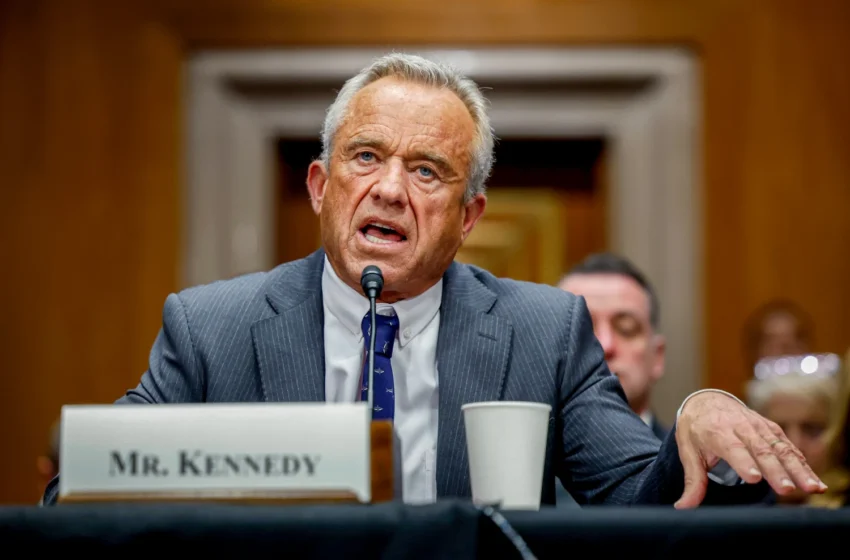Why is RFK Jr. facing fierce fire at the Senate hearing? What to know

RFK Jr. halts $500M in mRNA funding. Credit: Kevin Dietsch / Getty Images
Health and Human Services Secretary Robert F. Kennedy Jr. faced intense scrutiny during a Senate Finance Committee hearing on September 4, 2025. Senators from both parties questioned his sweeping policy shifts, including the ousting of CDC Director Susan Monarez and his reversal of COVID-19 vaccine recommendations. Medical groups and officials have demanded accountability, with many calling for his resignation amid mounting backlash.
The tense atmosphere highlighted how RFK Jr.’s leadership has shaken confidence within both the federal government and the medical community. What was initially expected to be a routine oversight hearing quickly escalated into a highly charged political showdown, putting Kennedy’s credibility and long-term vision under a national microscope.
What Are the Key Accusations Against His Vaccine Policy Overhaul?
Critics accused RFK Jr. of promoting fringe science and weakening decades of public health safeguards. Democratic senators grilled him over allegations that he stacked CDC advisory panels with vaccine skeptics and suppressed expert-driven recommendations. Republican critics voiced concern too; Sen. Bill Cassidy, a physician, warned that Kennedy’s decisions are effectively “denying people vaccines.”
The accusations go beyond partisan politics, they cut at the heart of America’s vaccine confidence. Lawmakers fear his changes could undermine public trust in immunization programs that have historically protected millions from deadly diseases, with some even warning of potential outbreaks if vaccine uptake declines.
READ ALSO
mRNA Vaccine: Here’s why RFK Jr. pulled $500M in funding
How Did RFK Jr. Justify His Controversial Reforms?
Kennedy defended his leadership, labeling the actions, including dismissals at the CDC, as essential “reforms.” He argued the agency failed during the COVID-19 crisis and that his changes were necessary to restore public trust. Kennedy cited his “Make America Healthy Again” agenda, asserting that it would shift focus to chronic disease and overhaul what he viewed as bureaucratic shortcomings.
He positioned himself not as an opponent of science, but as a reformer challenging entrenched systems. Kennedy insisted that his critics are clinging to “failed orthodoxies” and that his approach would democratize health policy by inviting broader debate on vaccine safety and chronic illness, arguments that resonated with some but alarmed many in the scientific community.
What Are the Fallout and Broader Health Implications?
The hearing surfaced deep concern across the political and public health spectrums. More than 1,000 HHS staff members, along with top medical societies, have publicly voiced their alarm. Senators like Ron Wyden described his overseen chaos as a “disaster,” and experts warned of deteriorating credibility at the CDC. Even GOP lawmakers, who initially supported his nomination, now question the direction his agency is headed.
The broader implications are clear: Kennedy’s leadership is testing the balance between political ideology and scientific consensus. With the CDC at the center of global health security, critics fear his reforms could reverberate internationally, weakening cooperation in disease prevention and crisis response.

